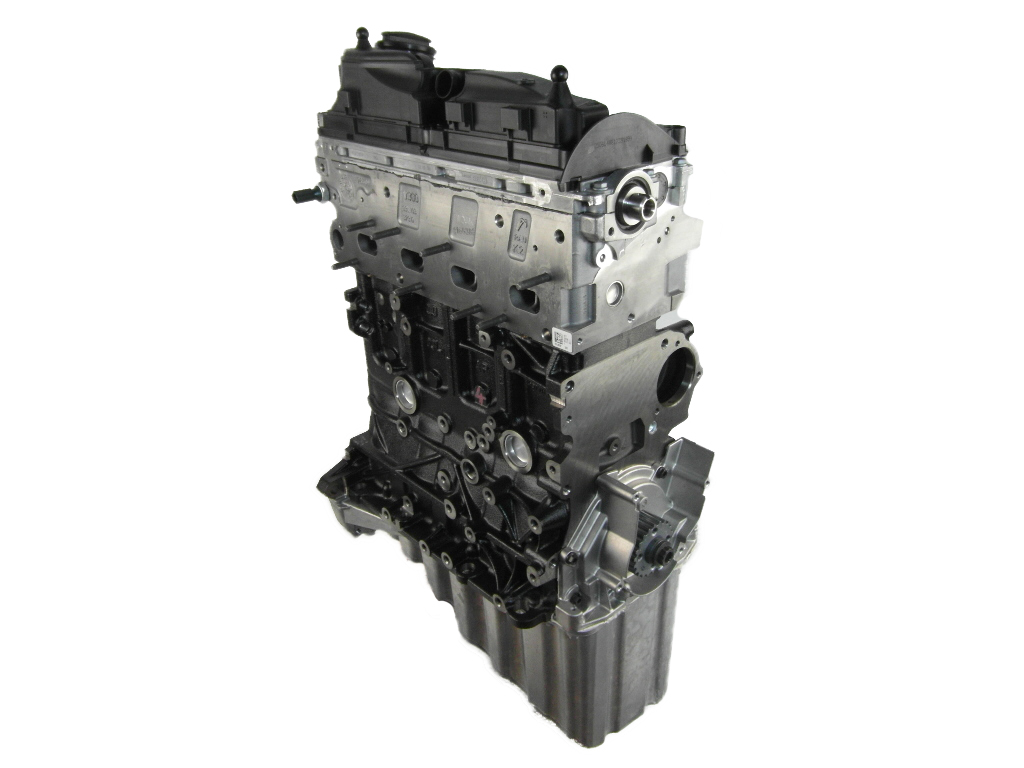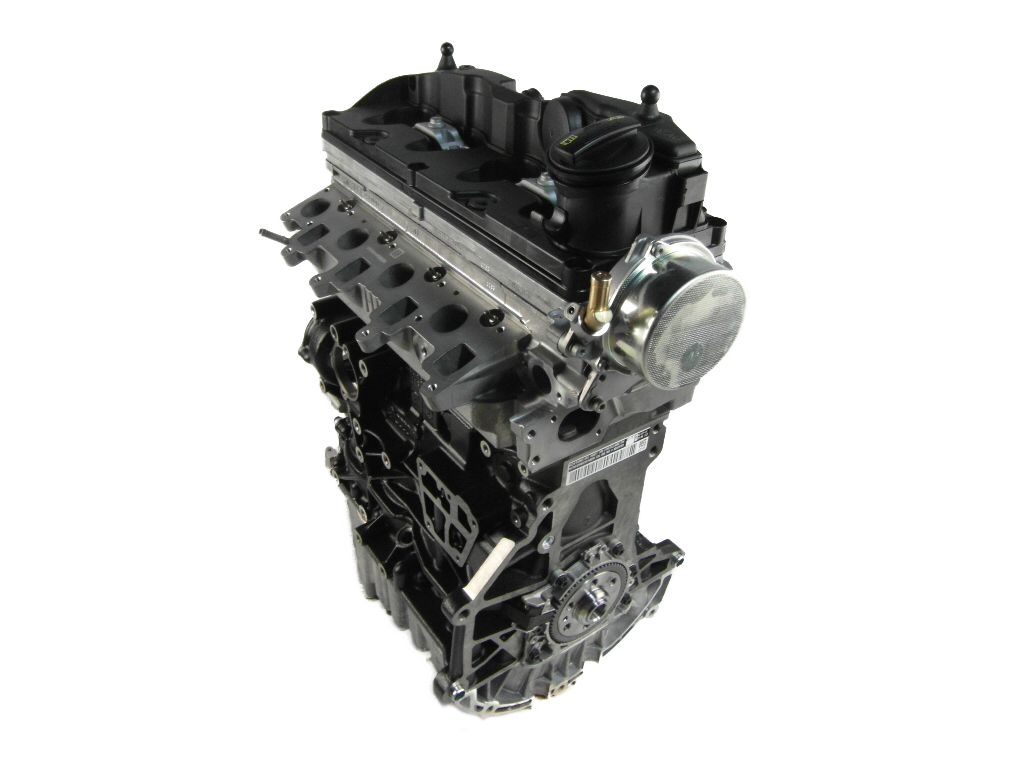Where to Discover the Most Reputable Amarok Engine for Sale-- Top Providers and Options
Where to Discover the Most Reputable Amarok Engine for Sale-- Top Providers and Options
Blog Article
Important Factors To Consider and Tips for Choosing the Right Engine for Your Needs
Picking the appropriate engine is a diverse decision that needs cautious factor to consider of various aspects to ensure optimal performance for your certain demands - amarok engine for sale. Recognizing your intended application is critical, as the needs of commercial, industrial, or recreational use will significantly influence your choice. Additionally, assessing crucial specifications such as fuel, torque, and horse power effectiveness, together with upkeep demands and budget plan restrictions, will certainly assist you towards a lasting investment. The ins and outs of engine choice extend beyond these essentials, motivating a closer examination of critical components that can inevitably affect your complete satisfaction and success.
Determine Your Purpose
Establishing your function is an important primary step in selecting the appropriate engine for your needs. Recognizing the certain application you want will direct your decision-making procedure and guarantee that you choose an engine that lines up with your functional demands. Whether you need an engine for a business automobile, commercial machinery, or an entertainment project, each situation needs different performance qualities and capabilities.
Think about the atmosphere in which the engine will certainly operate. Will it go through hefty loads, severe temperature levels, or prolonged usage? Assessing these elements will certainly aid you identify the needed power outcome, gas performance, and longevity needed to satisfy your goals.
Furthermore, consider the long-lasting effects of your selection. Spending plan restraints, upkeep needs, and schedule of components are essential considerations that will affect your general contentment and functional performance.
Inevitably, verbalizing your function will streamline the selection process and empower you to make an informed decision. By plainly specifying your goals, you can assess prospective engines much more efficiently and choose one that not only meets your current needs yet additionally sustains your future goals.
Evaluate Engine Specifications
As soon as you have actually clearly articulated your objective, the following step is to evaluate engine requirements. This procedure includes an extensive evaluation of various technological details that can considerably influence efficiency and suitability for your planned use.
Begin by assessing the engine's horse power and torque scores. Horsepower is crucial for establishing the engine's capability to perform job, while torque is vital for understanding just how well it can deal with hefty tons or acceleration. Furthermore, consider the engine displacement, as it often correlates with power result and performance.
Next, check out the engine typeâEUR" whether it is a gasoline, diesel, or alternate fuel engineâEUR" as each type has distinct attributes and applications. Take notice of the engine's setup (e.g., inline, V-type), as this can affect dimension, weight, and general efficiency.
One more vital facet is the engine's cooling system, which can affect reliability and maintenance needs. Evaluate the maker's reputation and service warranty offerings, as these can supply insights into long-lasting performance and support. Extensively evaluating these requirements will help ensure that you choose an engine that aligns with your specific demands and functional goals.
Take Into Consideration Gas Efficiency
Fuel effectiveness is a vital aspect to take more into consideration when choosing an engine, as it directly influences operational expenses and environmental sustainability. An engine's gas effectiveness is usually measured in miles per gallon (MPG) for lorries or in certain gas usage (SFC) for airplane and marine engines. Greater gas efficiency not just decreases the amount of fuel eaten but likewise decreases greenhouse gas discharges, making it an accountable selection for eco-conscious customers.
When examining engine options, it is vital to examine the driving conditions and meant usage. Engines optimized for highway driving might exhibit much better gas efficiency contrasted to those developed for stop-and-go web traffic. In addition, take into consideration the engine's modern technology, such as turbocharging or crossbreed systems, which can dramatically improve fuel performance.

Assess Maintenance Needs

Beginning by examining the maker's recommended upkeep periods and treatments. Some engines might require even more frequent oil adjustments, filter replacements, or specialized maintenance, which can influence your functional downtime. Additionally, think about the accessibility of parts and the simplicity of getting them. Engines with extensive popularity usually have better components availability, minimizing lead times during repairs.
Another vital facet is the check over here technical know-how needed for upkeep. Some engines might necessitate customized training for specialists, which could limit your alternatives for company. Examine whether the engine's layout permits for very easy accessibility to parts usually needing upkeep, as this can substantially affect labor costs.
Budget Your Financial Investment
Understanding maintenance needs is just one aspect of selecting the appropriate engine; economic factors to consider play a similarly essential function (amarok engine for sale). Developing a clear budget is crucial, as it influences not only the preliminary acquisition price yet also long-term operational costs
When budgeting, think about both the ahead of time expenses and ongoing costs such as gas effectiveness, upkeep, and possible fixings. A relatively budget-friendly engine might sustain higher expenses gradually because of inadequate fuel economic situation or regular upkeep needs. In addition, review the accessibility and cost of extra components, along with the service warranties offered by suppliers, which can give check this economic defense against unanticipated expenditures.
It is also sensible to aspect in possible funding options or leasing plans, which could minimize immediate financial worries. Balance your desire for advanced functions with your budget plan restrictions, ensuring that you purchase an engine that satisfies your performance requires without endangering financial security.
Eventually, an all-around budget will certainly equip you to make informed decisions, straightening your engine option with both your economic capabilities and functional demands, causing a more sustainable investment over time.

Verdict
Finally, choosing the appropriate engine necessitates a thorough understanding of particular needs and applications. Careful evaluation of engine specs, fuel performance, and maintenance demands is essential for educated decision-making. Furthermore, establishing an extensive budget makes certain that both first and recurring prices are workable. By adhering to these factors to consider, individuals and companies can make a lasting investment that lines up with their functional goals and performance assumptions, ultimately improving general performance and efficiency.
Gas effectiveness is a critical variable to take into consideration when selecting an engine, as it directly affects functional expenses and ecological sustainability. An engine's gas performance is normally determined in miles per gallon (MPG) for vehicles or in specific gas usage (SFC) for aircraft and aquatic engines. Diesel engines typically give better fuel performance than gas engines. Eventually, choosing an engine with a solid focus on fuel efficiency can lead to substantial long-lasting financial savings and contribute positively to ecological efforts. Mindful examination of engine specs, fuel effectiveness, and upkeep needs is crucial for educated decision-making.
Report this page